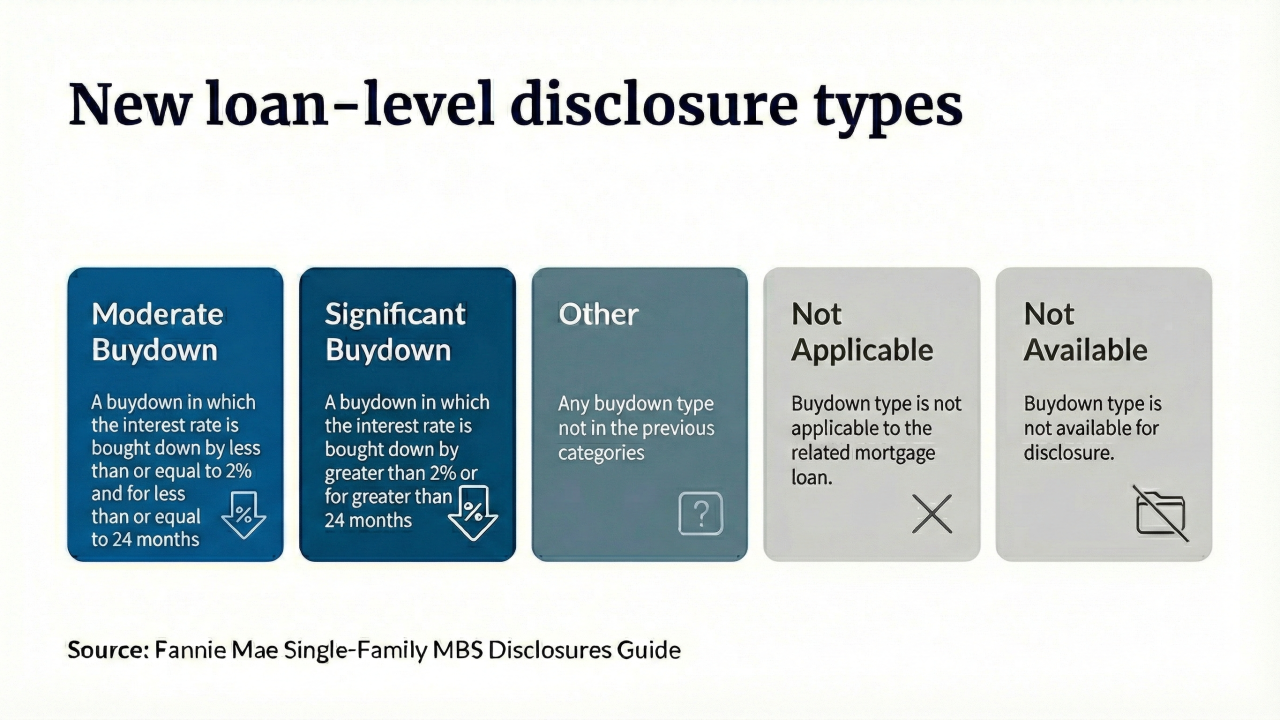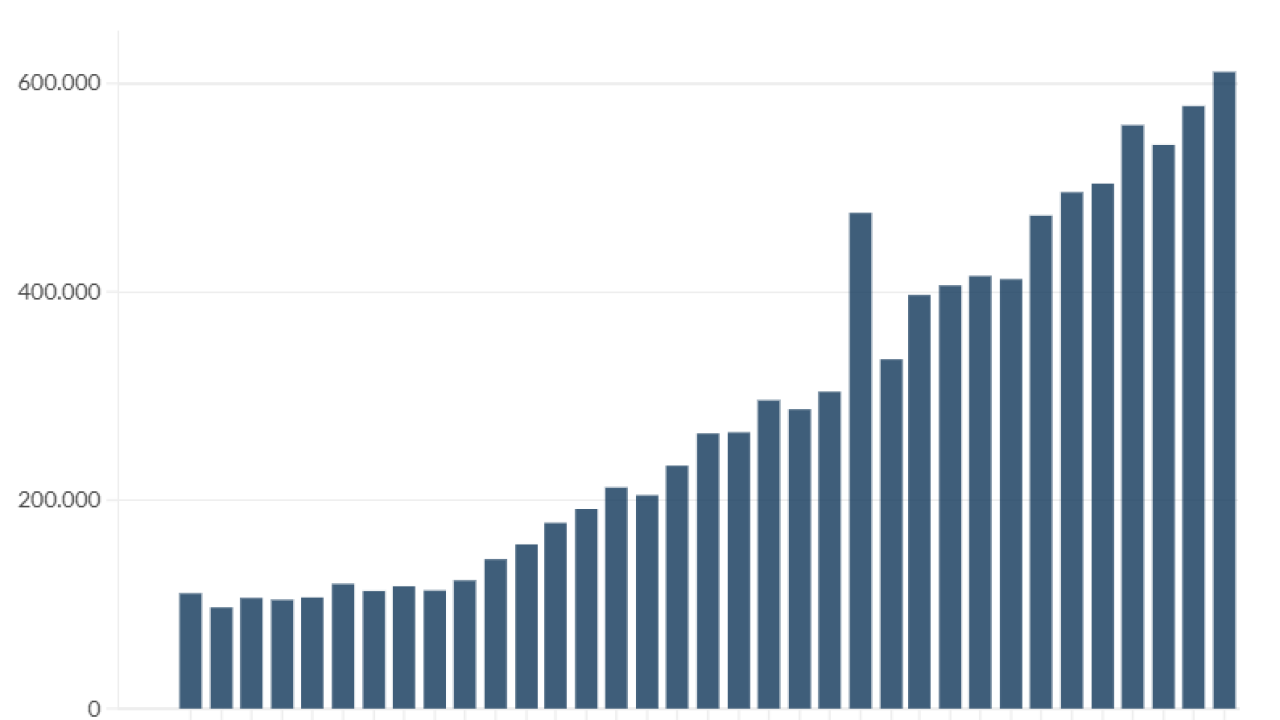After a selection process that began towards the end of 2004, speculation is rife that Cagamas, Malaysia's secondary mortgage agency, has finally decided on who will arrange its SME-loan securitization. In a new twist, reports from Kuala Lumpur suggest the agency is backing two proposals: the joint bid by Citigroup Global Markets and Aseambankers and the alliance between Deutsche Bank Securities and Overseas Chinese Banking Corp.
Officials at Deutsche Bank and Citigroup declined to comment but several bankers familiar with the Malaysian ABS scene insisted Cagamas has decided to do two deals. If true, it remains to be seen whether the transactions will launch simultaneously or not.
Most felt Citigroup muscled into a strong position when it joined forces with Aseambankers. The Malaysian firm is the investment banking arm of Maybank, widely considered Cagamas' house bank. Aseambankers handled Cagamas' debut M$1.6 billion ($421.1 billion) MBS offering (see ASR 10/18/04) last October, with Commerce International Merchant Bankers.
Deutsche Bank, meanwhile, has one of the strongest foreign bank ABS franchises in Malaysia, having structured deals for another government agency - the asset management company Danaharta - and the Sunway Group, among others.
It is unlikely, however, that either of the SME transactions will launch in the next few months. Cagamas is also working with HSBC Securities and Commerce International on a M$1.5 billion Islamic MBS, and will may to wrap that up before it takes on the SME offerings.
Elsewhere, sources report that Korea's LG Card will launch its latest cross-border credit card ABS via Merrill Lynch next month. The Reg-S offering is expected to total between $300 million and $400 million, depending on investor demand.
It will be the second Merrill-led deal by LG, following a $400 million transaction last August (see ASR 8/16/04) on which Merrill was also the sole investor. Korea's second biggest credit card originator, LG Card had to be rescued last year with a W5 trillion ($5 billion) bailout package by creditors, led by Korea Development Bank. The company seems likely to be sold some time in 2005, having been linked in recent months to bids from Woori Financial, Hana Bank and Shinhan Financial.
In Thailand, the state-owned Small and Medium Enterprise Development Bank is being linked to a THB5 billion ($122.2 million) SME-loan-backed offering. Although there has been no word on who will arrange the deal, it is believed it will be the first from a THB30 billion facility designed to grow SME Bank's lending business.
Also in Thailand, Scandinavian Leasing, a subsidiary of Swedish Motors Corp., has appointed Kasikornbank (formerly known as Thai Farmers Bank) to arrange a THB800 million ($19.6 million) auto loan-backed ABS. The two parties brought to market in July 2004 a THB850 million deal of the same assets. Proceeds are for business expansion.
Despite reports to the contrary, roadshows for the $600 million Indonesian coal future flow ABS by PT Bumi Resources (see ASR 6/13/04) went ahead as scheduled last week and were due to finish June 17, in Atlanta and London. With Indonesian telecoms firm PT Indosat also taking its $200 million corporate bond on the road last week, some suggested the Merrill-led deal by Bumi would be held back.
Although there has been no official price talk, market participants suggest spread levels of between 325 to 350 basis points over Libor. If this were the case, it roughly equals where double-B plus rated paper prices, even though Fitch rates the coal ABS at BBB-'.
Meanwhile, the reason ex-Japan Asian bankers were unaware of the deal was made clear when it emerged Merrill's U.S. ABS group is handling the offering, not its Asian team.
Finally, Japanese conglomerate Sumitomo Corp. will use securitization to fund the construction of a storage and distribution facility in Chiba Prefecture. The scheme will likely cost around 12 billion ($109.7 million), with all but 800 million coming from ABS issues. The issuer is expected to name an arranger shortly, though it would be a surprise if its wholly owned unit Sumitomo Mitsui Banking Corp were not involved.
With the deal, Sumitomo will follow the path of several other Japanese companies that use securitization to finance the building of new premises. Rather than have property assets kept on balance sheet, many firms now prefer to transfer ownership to an SPV and then lease back the premises. The SPVs issue ABS notes to finance the purchase, with investors redeemed by rental payments.
(c) 2005 Asset Securitization Report and SourceMedia, Inc. All Rights Reserved.
http://www.asreport.com http://www.sourcemedia.com




